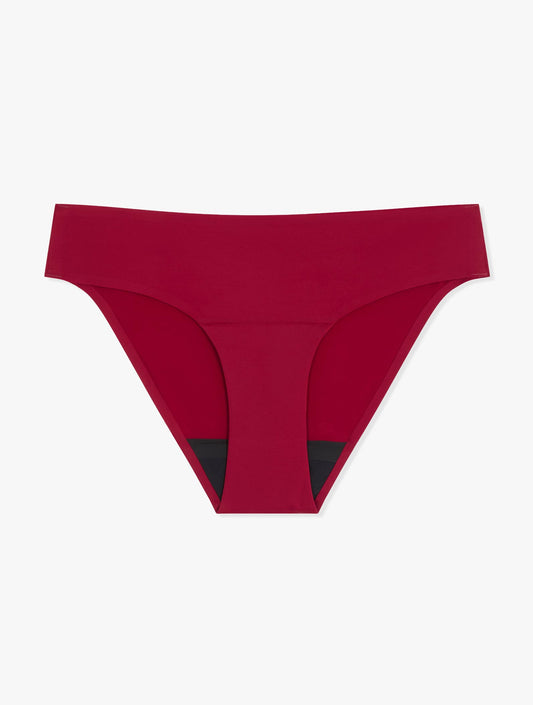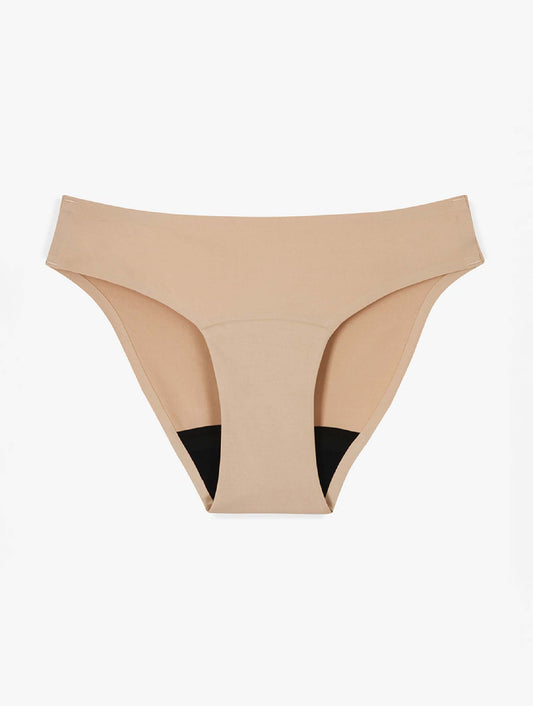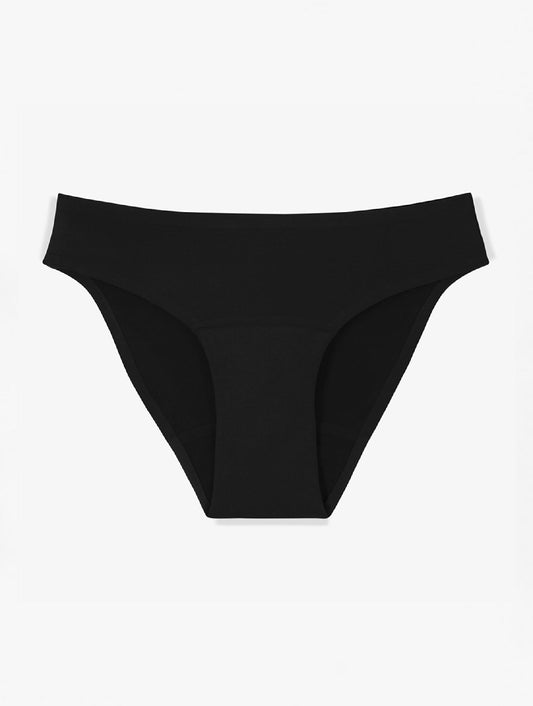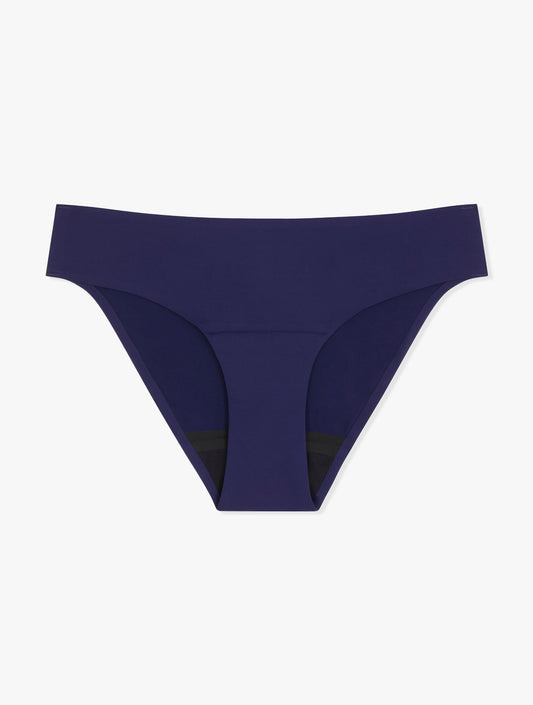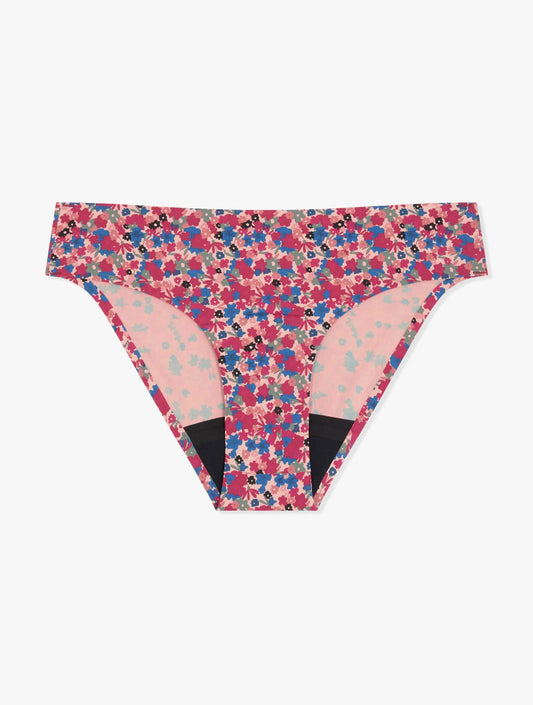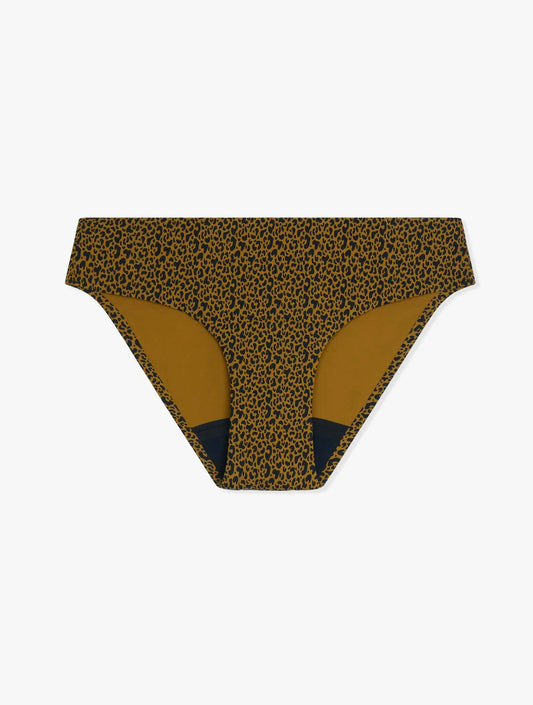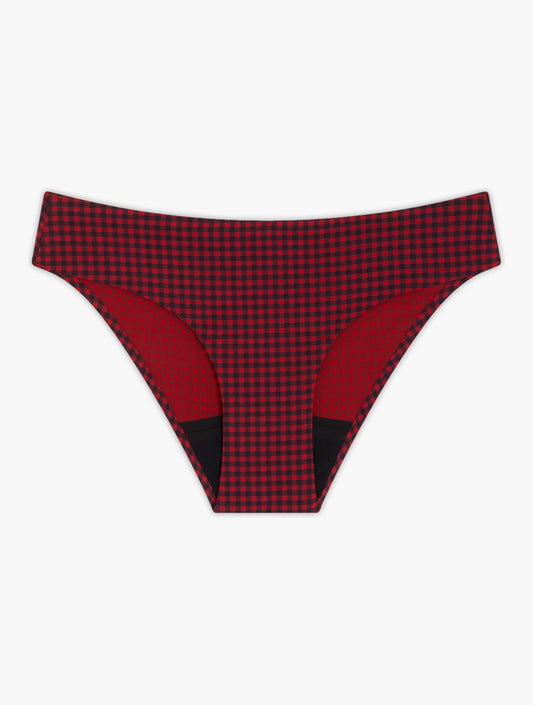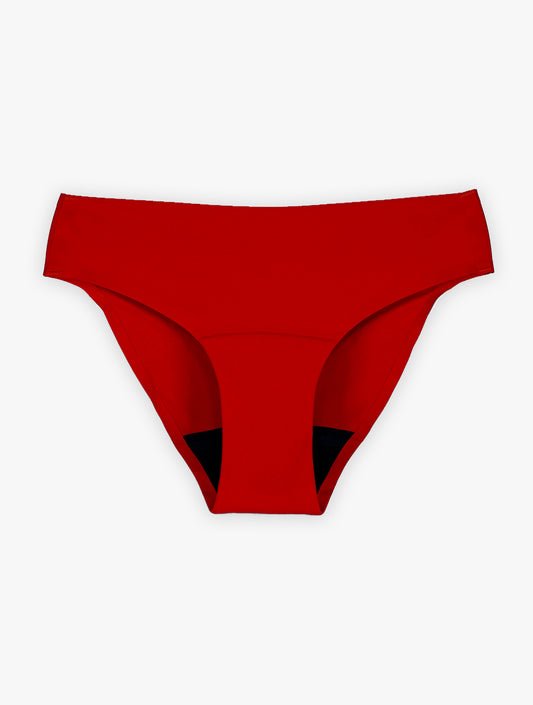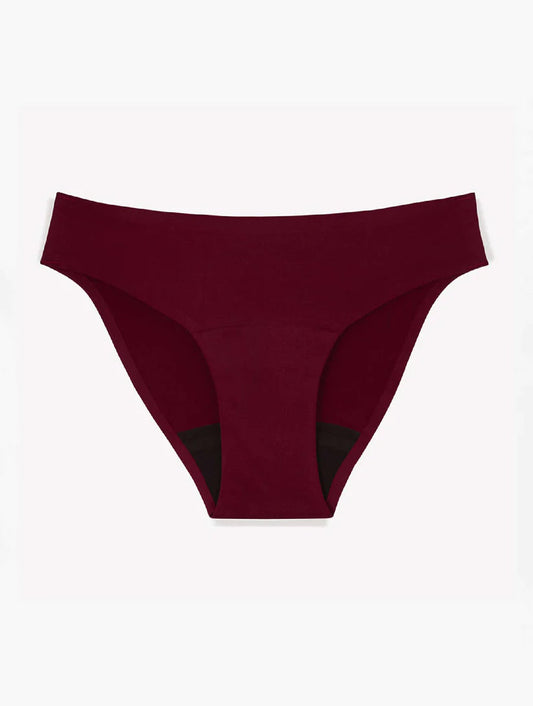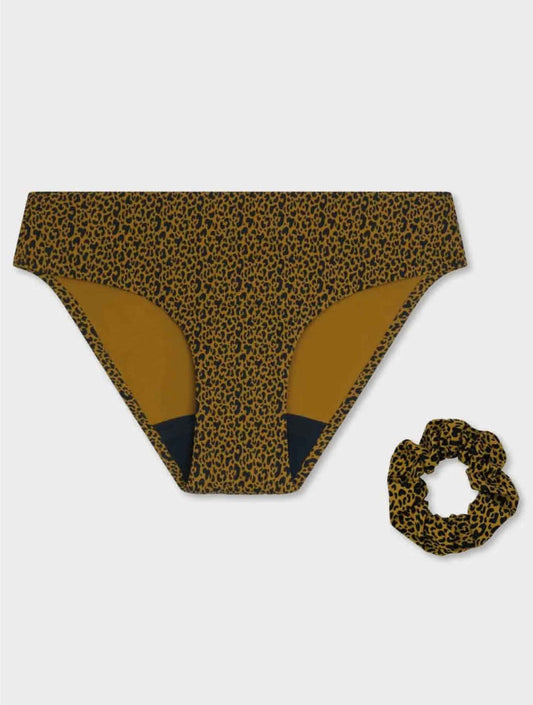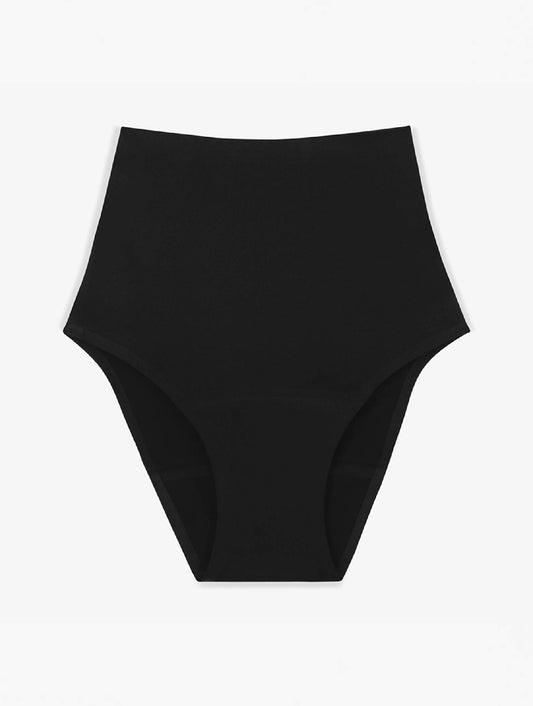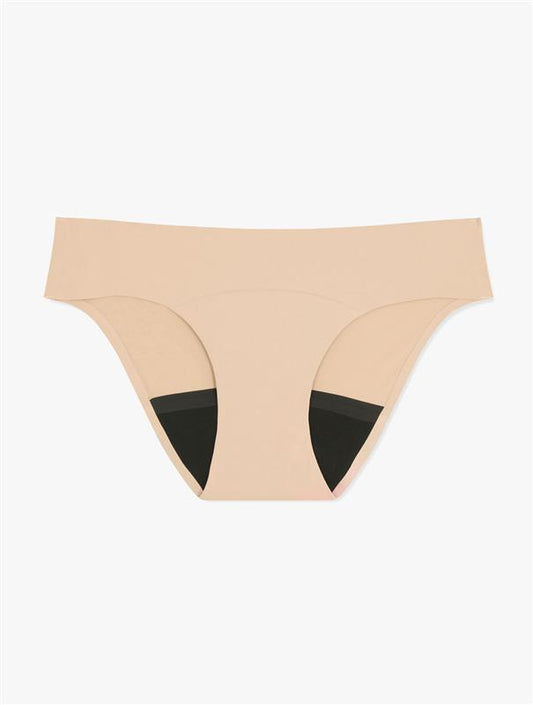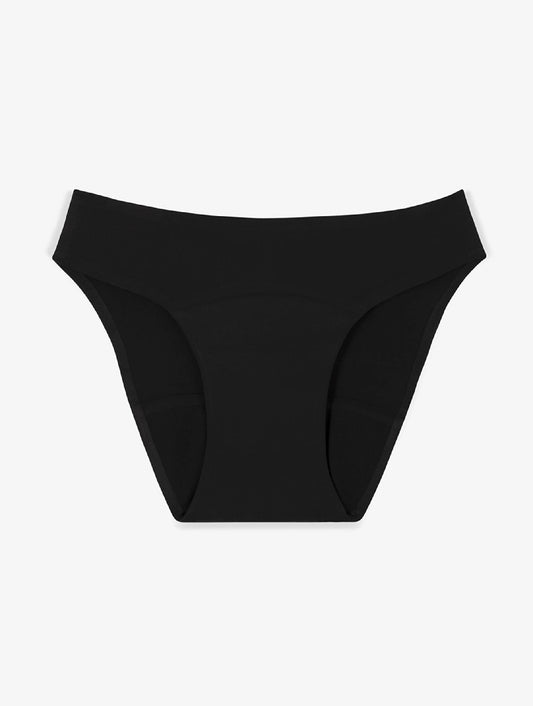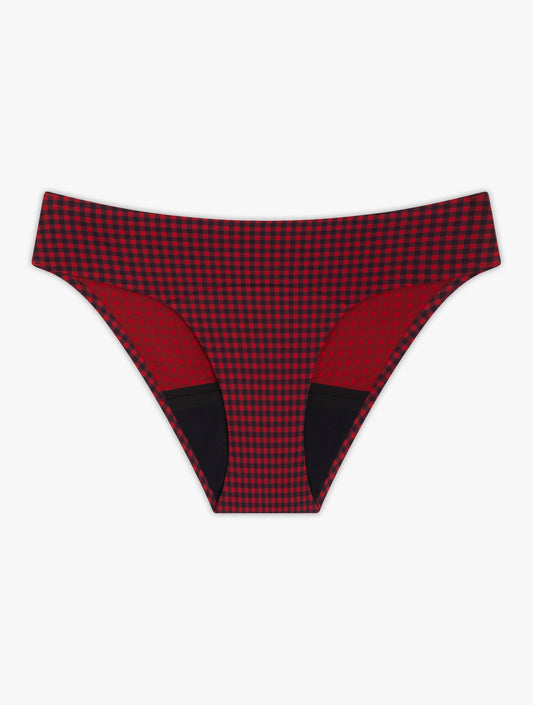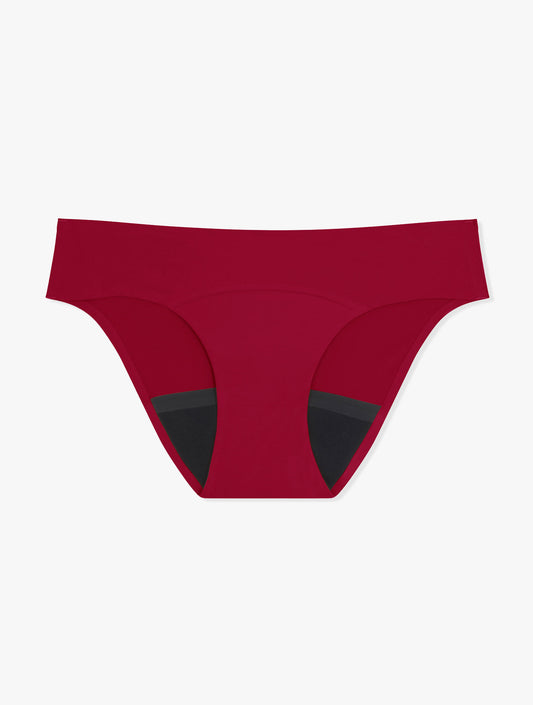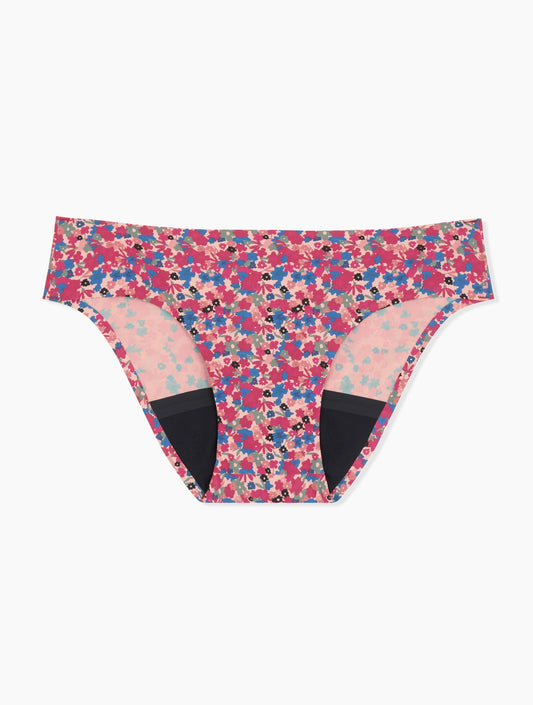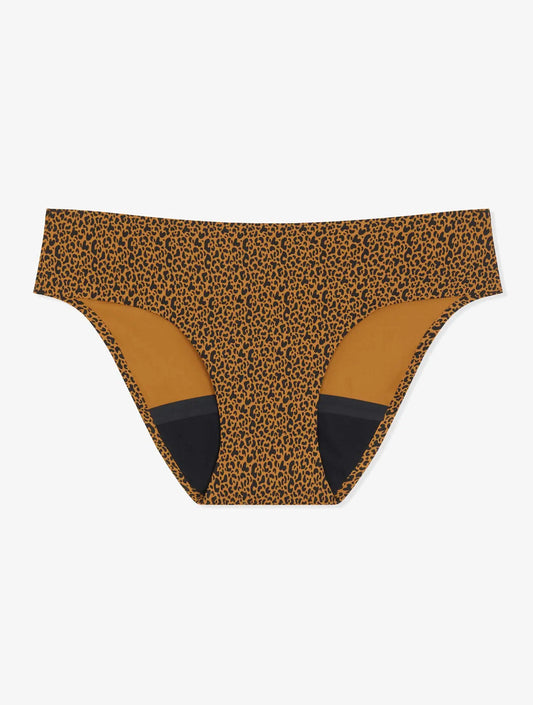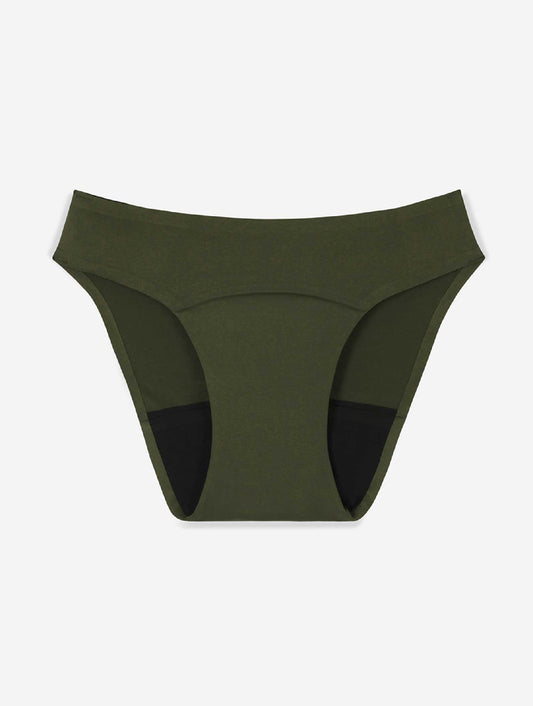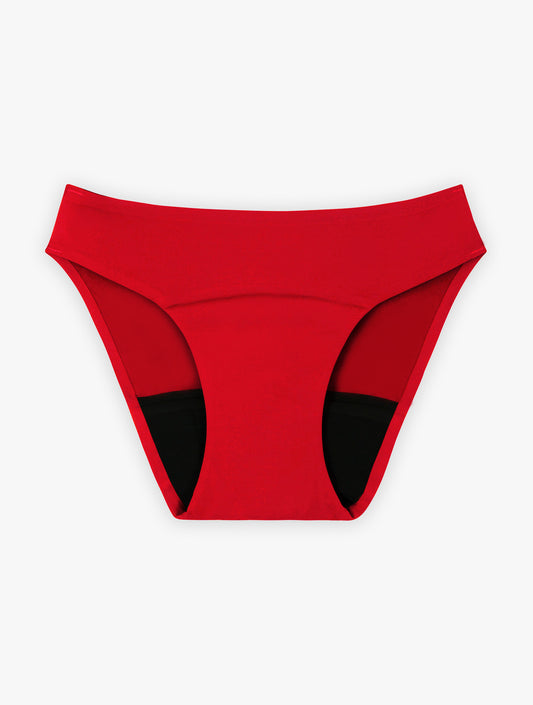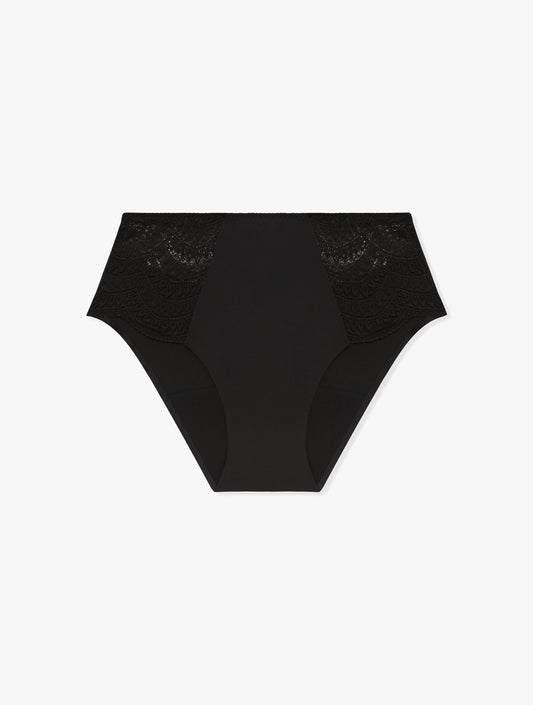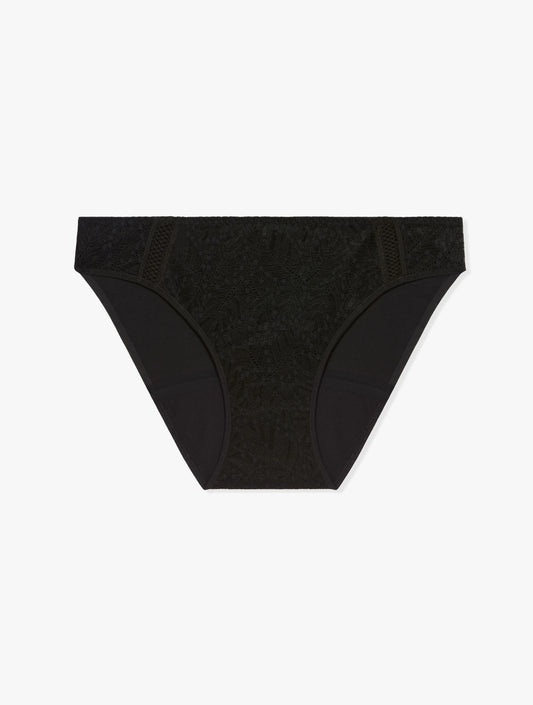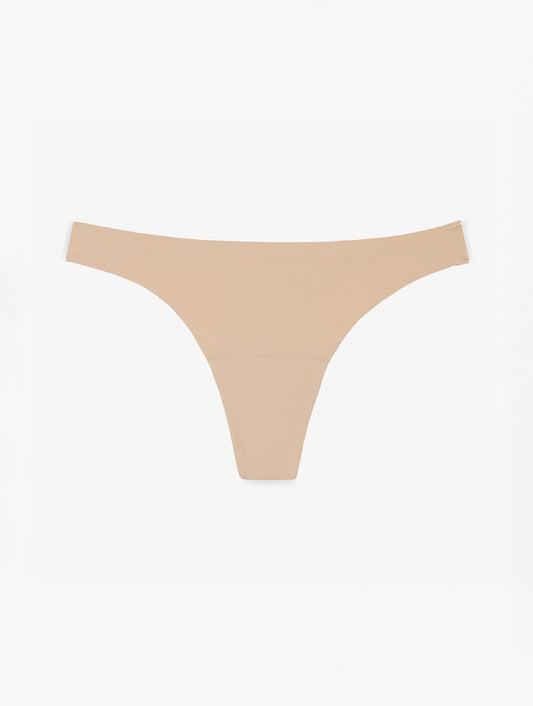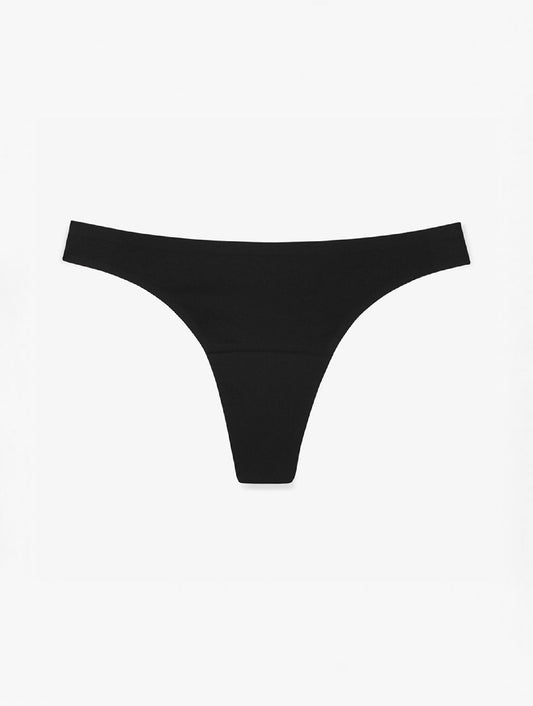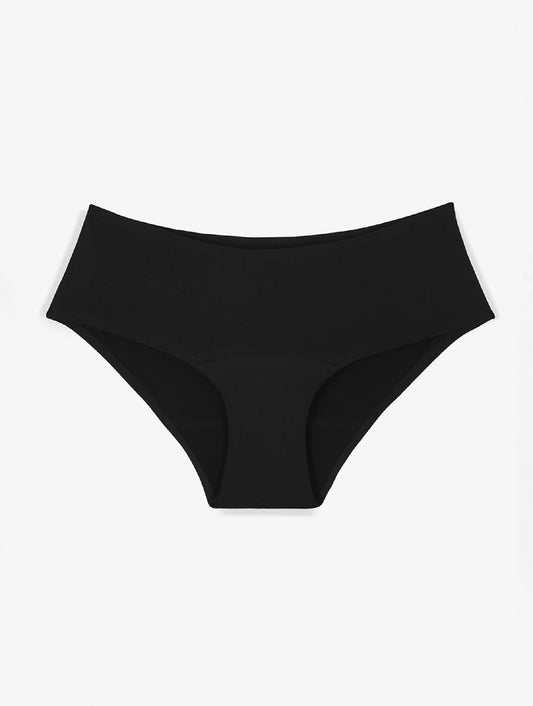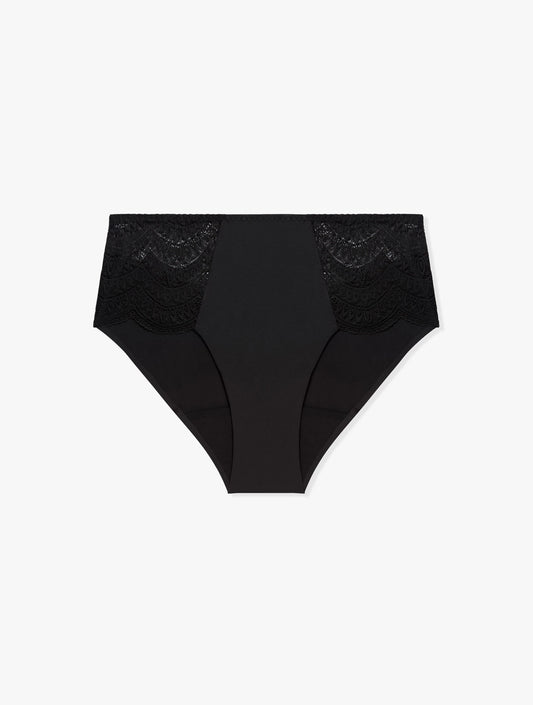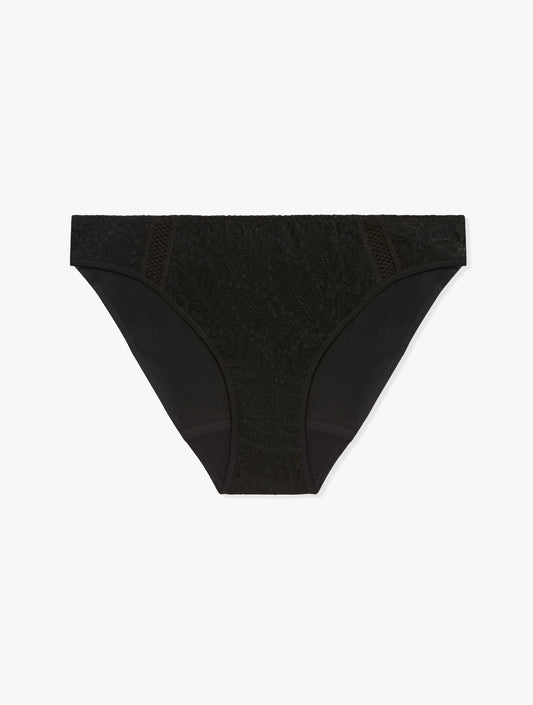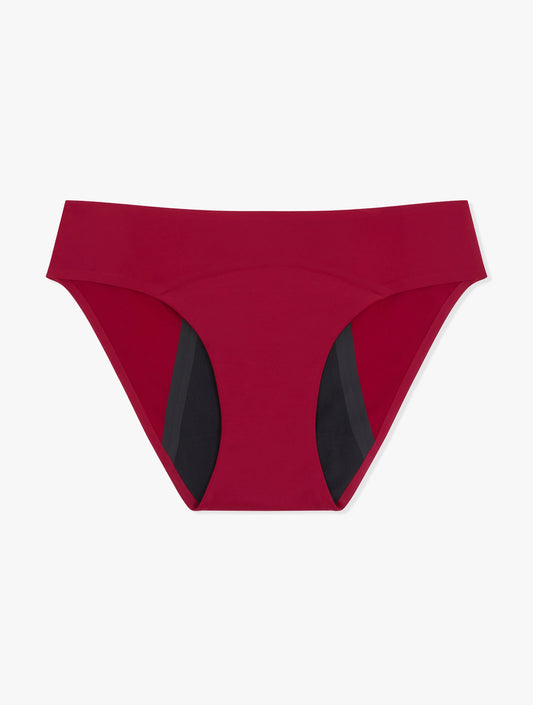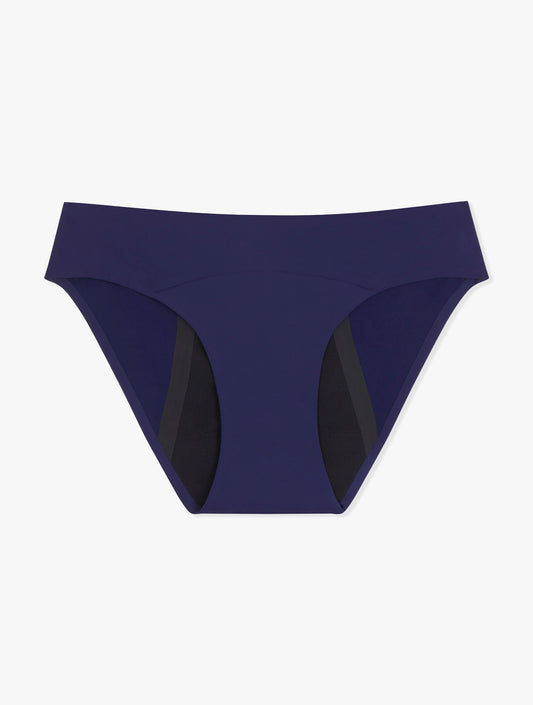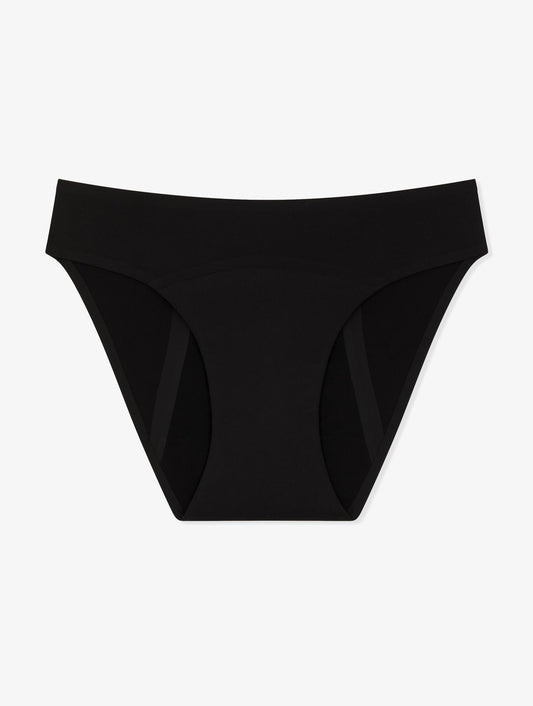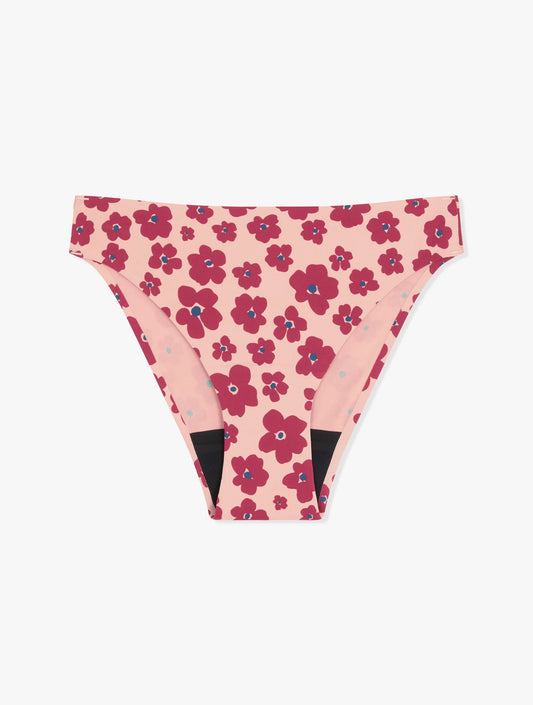Endocrine disruptors: enemies of our hormonal system
We regularly hear about these invisible enemies. Present in the air, in our food, our beauty creams and even certain periodic protections, endocrine disruptors disrupt our endocrine glands and our hormones. But what are the risks? And how to avoid them as much as possible?
Endocrine disruptors: who are they?
The WHO defines them as: “an exogenous substance or mixture altering the functions of the endocrine system and thereby inducing harmful effects on the health of an intact organism, its descendants or at the level of (sub)populations” . Bless you ; ) ! In the jargon, we must understand that it is a chemical agent which produces interference with the hormonal system (of humans or animals).
Remember that our hormones are secreted by our endocrine glands and send messages via the blood network to our organs via their receptors, thus influencing their behavior. They regulate, among other things, our body temperature, our hunger and satiety, our libido , our sleep, our heart rate, our fat metabolism, our insulin level... and play a fundamental role during puberty. Just that !
Endocrine disruptors attach to the receptors of our organs in place of our hormones, “imitating” them. But by inducing... inappropriate behavior!

Aquila cotton menstrual panties
39,00 €
30,00 €
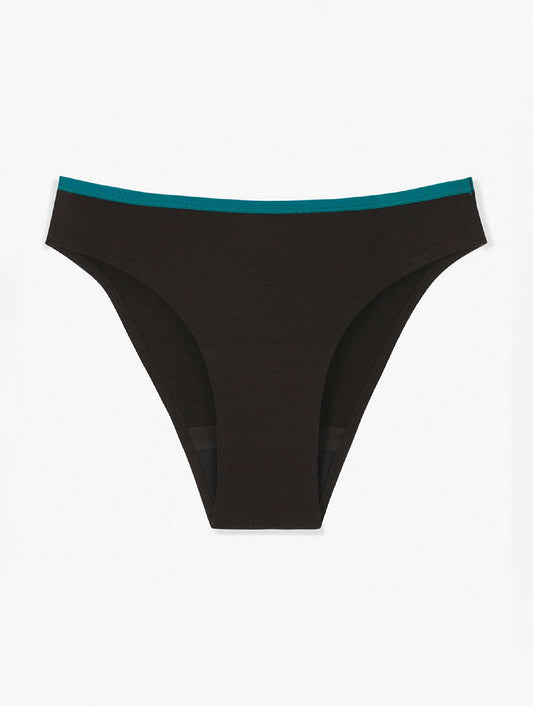
Ara cotton menstrual panties
35,00 €
25,00 €
Where are they hiding?
“Voluntary” endocrine disruptors
- In our pharmacies
We can voluntarily decide to deceive our hormonal system. This is the case when you take a contraceptive pill or treatment for infertility. But also anabolic steroids (dangerous!) to increase muscle mass thanks to testosterone.
And the others …
- In water
Synthetic hormones from the contraceptive pill in particular, or certain antidepressants and antibiotics that can disrupt the thyroid gland, are found in our wastewater via the urine or fecal matter of their users and persist for years in the environment and water. tap to a tiny but not negligible amount.
- In the air
The fine particles released into the air by our factories and our cars are part of endocrine disruptors, but also certain agents contained in the paints of our interiors, certain glues or varnishes, and even our carpets and our bedding (polybrominated diphenyl ethers is almost systematically present…)
- In food
Intensive cultivation and pesticides harm what we eat every day. Thus we find endocrine disruptors in fruits and vegetables, but also certain fish ingesting plastic thrown into the oceans, certain meats fed with antibiotics, milk (same thing), eggs, canned goods full of preservatives...
- In cosmetic products
40% of our hygiene and beauty products contain at least one endocrine disruptor. Shampoos, deodorants, toothpastes, creams, make-up removers, lip balms, foundation… and at the top of the ranking: nail polish.
- In our packaging and our pans
Damaged pans or saucepans containing Teflon, plastic baby bottles containing bisphenol A (a synthetic estrogen), aluminum soda cans... residues slip into our plates or baby's milk.
- And…. In certain hygienic protections!
Although banned in Europe, we find lindane and quintozene in the composition of tampons and sanitary napkins. Sometimes even glyphosate and hydrocarbons!
What consequences?
Without falling into psychosis, you should know that being in the permanent presence of certain endocrine disruptors can increase the risk of cancer. As for babies and young children, their growth may be hampered. In women, the menstrual cycle can be disrupted, and they can also develop ovarian cysts. In men, sperm are affected. And the pregnant woman is more vulnerable, as is the fetus, of course.
Fight against endocrine disruptors
However, we can limit our consumption of endocrine disruptors in several ways:
- by favoring an organic diet
- by finding out about the quality of water in our community and, if necessary, filtering it (be careful, choosing bottled water is not the solution: many mineral waters contain heavy metals and endocrine disruptors due to the plastic container)
- by choosing organic cosmetics and monitoring the composition of others (banning parabens, oxybenzone, phthalates, resorcinol, etc.)
- by cleaning at home with natural products (white vinegar, black soap, baking soda, etc.) and by banning plastic containers
- by adopting safe periodic protection such as menstrual panties (also known as period panties)
Take care of yourself, the planet and your children!
By Élise


